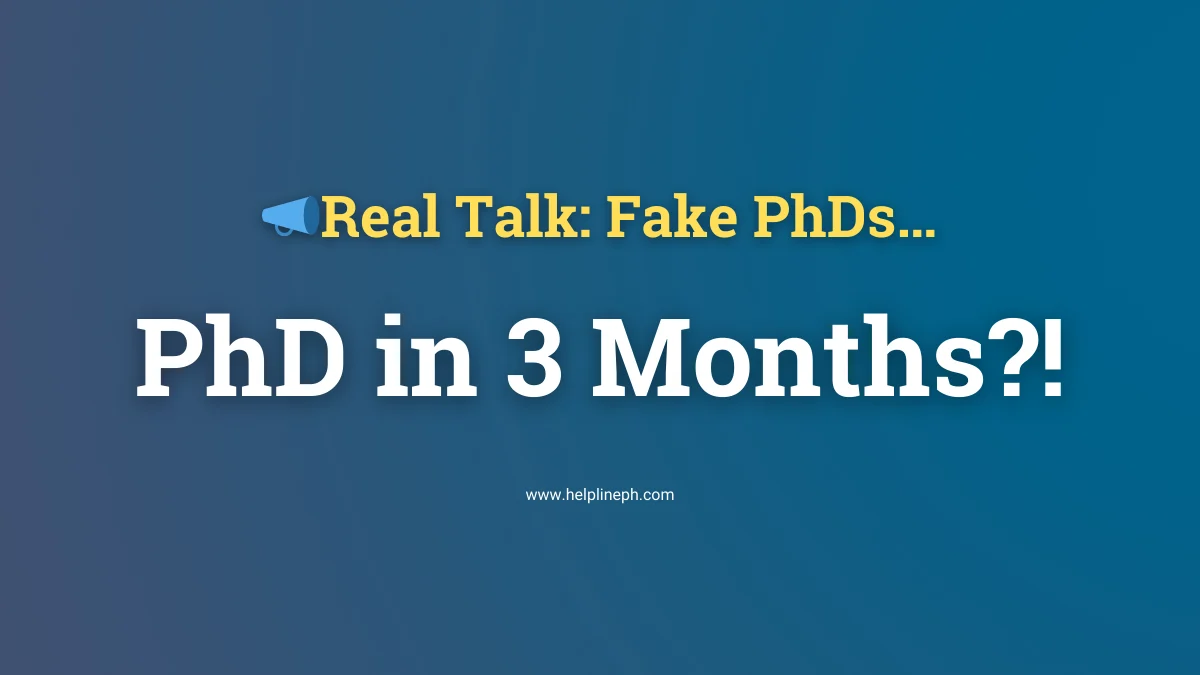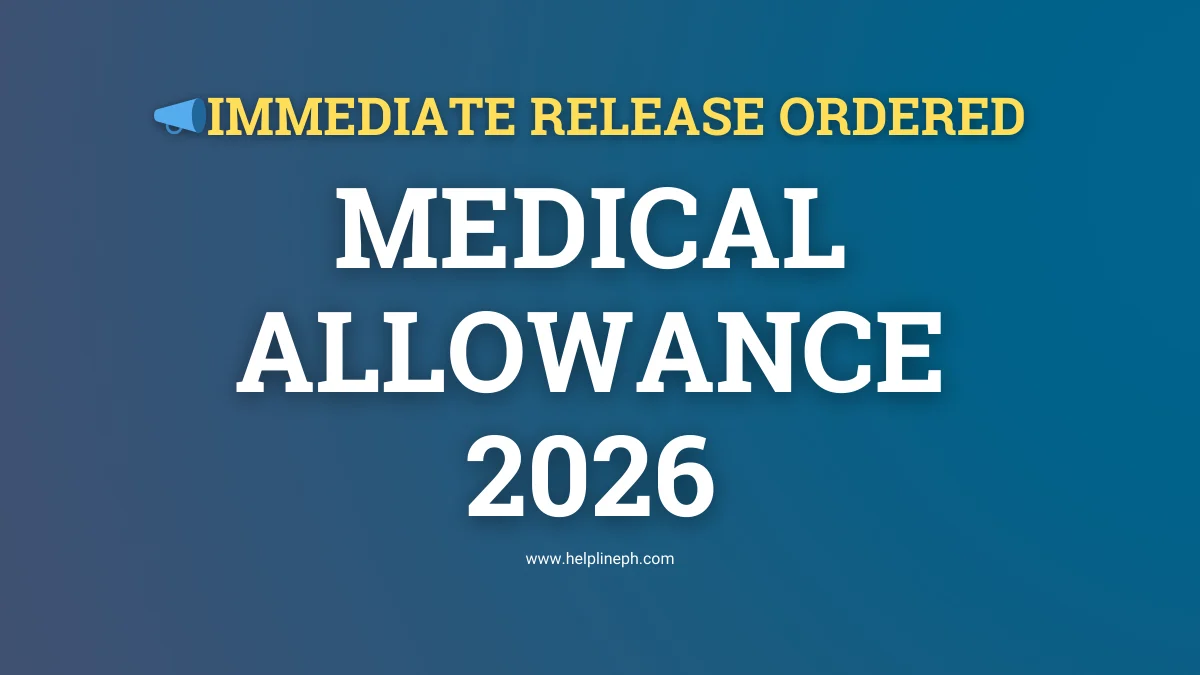Tips for passing master’s and doctorate comprehensive examinations
The examination is giving the test-takers anxiety. However, it’s a great challenge for them because it measures their ability and their learning. Does taking the examinations need diligent study? Well, of course, when you take an exam, you need to burn your candles to pass the exam. Why can I say this? If you’re only relaxed or chilled about taking the exams without any effort, you’d do better not to take them. During the exams, you answer the questions extensively. You are wasting your time taking the exams if you are not going to pass them.
Comprehensive examinations for master’s and doctorate degrees are very important because you cannot proceed to write your thesis or dissertation if you cannot pass the exams. If you cannot write your thesis, you will fail in achieving your dreams of attaining fully qualified master’s and doctorate degrees. The best thing you can do is to remember these few points or tips in order to pass them:
1. Make sure you have your prior subjects’ lecture notes or handouts on hand.
2. Inquire with the person in charge of what subjects you’ll be taking so that you can prepare lecture notes or handouts for previous classes. Some professors will give you a list of guide questions for you to prepare and research answers for.
3. After you’ve compiled all of your notes for each subject, make a study program right away. They just give you a small amount of time to study.
4. Memorize a few phrases or statements to help you remember what you’ve learned. When you memorize, even three lines of notes can help you be guided in discussing the questions because the number of questions in the comprehensive examinations is only 3 to 5, all of which are essay-type.
5. Because there are only a few questions on the comprehensive test, read the questions carefully and analyze them. If you do not comprehend the questions completely, you will fail the exam. They encourage you to repeat the exam if you fail.
6. Every question is exhausting because you must explain or discuss your response. Concentrate your thoughts on the questions.
7. Prepare for the tests because you will only be given two or three subjects every day for two or three days.
8. The test does not just require you to take an exam; it also requires you to spend time analyzing the questions as you answer them.
9. Measure your readiness for the test by posing questions and practicing answering them on paper.
10. Answer all of the questions honestly. Don’t ignore them. Do your best so that you can continue working on your thesis or dissertation. And, most importantly, before taking the tests, give all of your worries to God and pray for His guidance.
These are the key points to keep in mind if you want to pass the comprehensive exams. Due to their prior knowledge and grasp of topic areas, some test takers were able to pass the test. – Doki | Helpline PH





